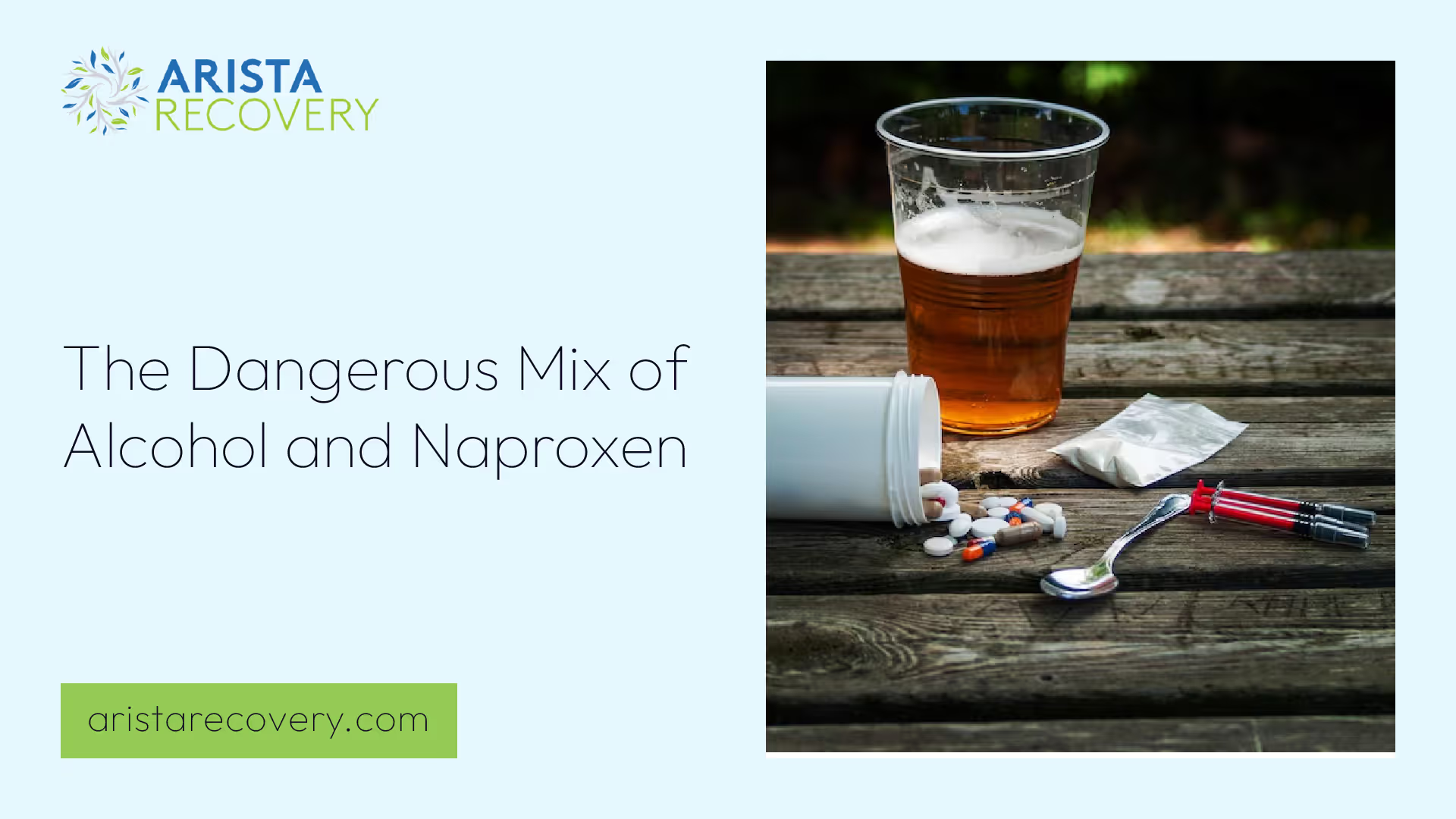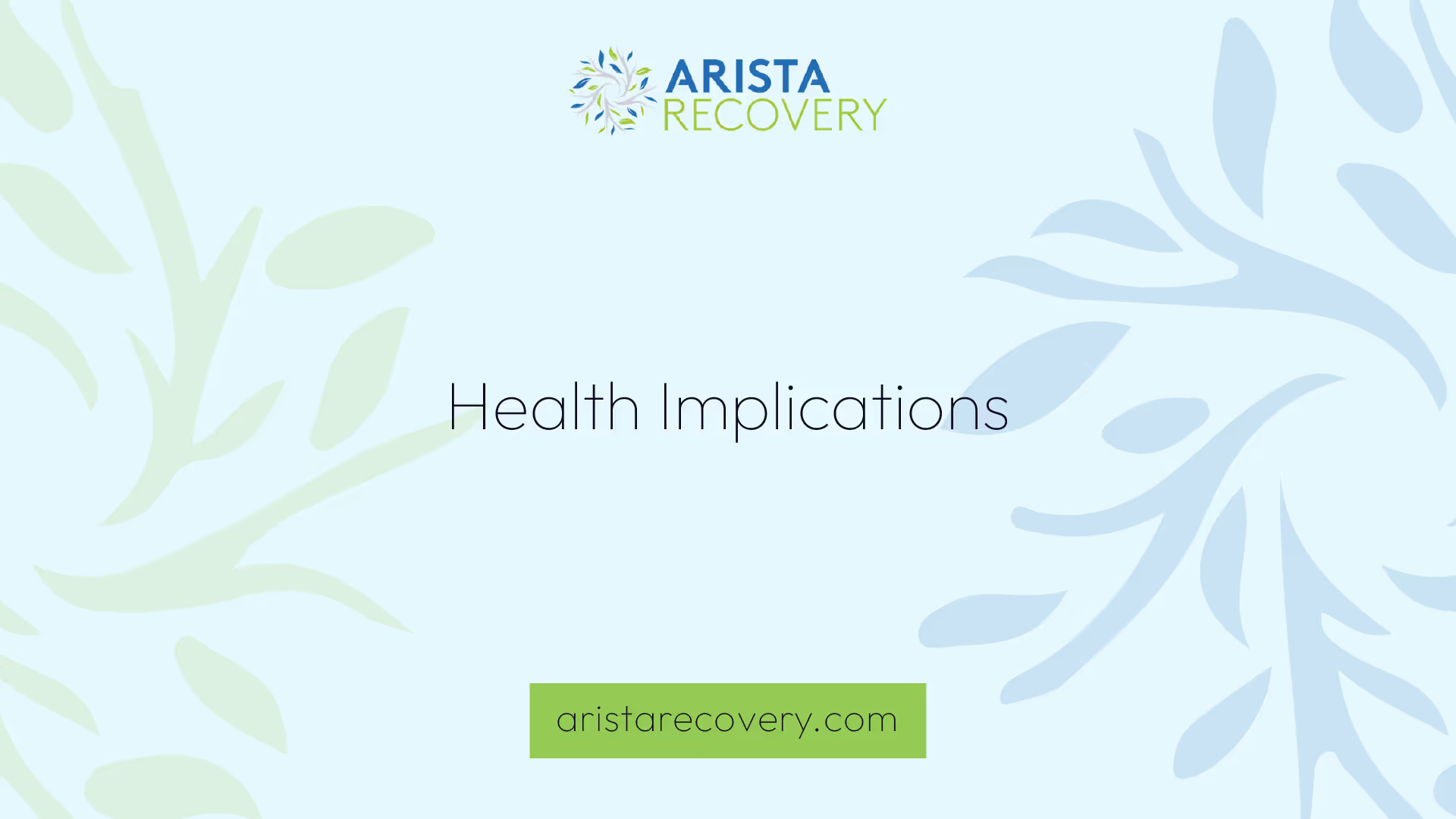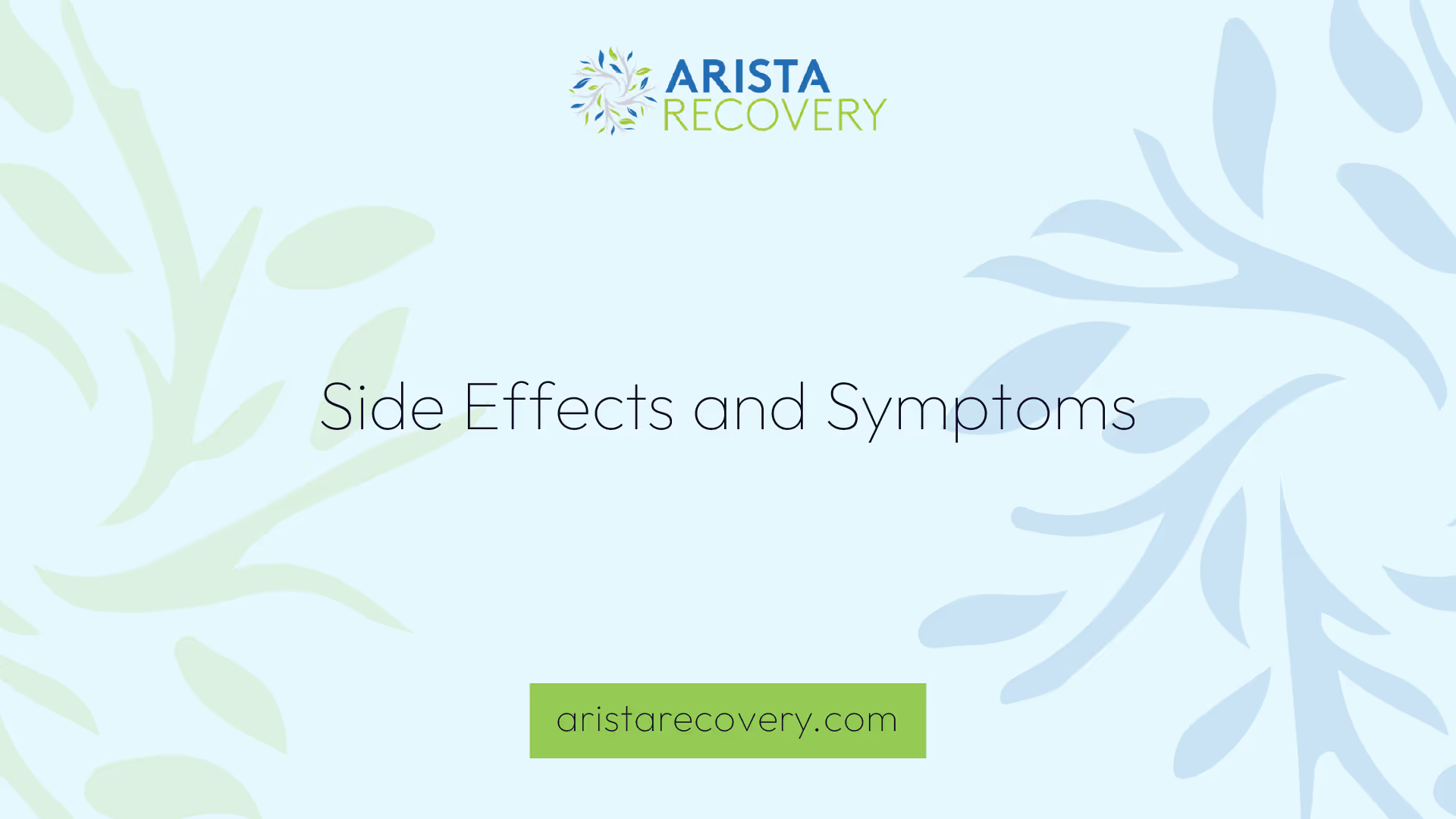The Dangerous Mix of Alcohol and Naproxen


Alcohol and Naproxen Interaction
The combination of alcohol and naproxen, a nonsteroidal anti-inflammatory drug (NSAID), can have serious implications on an individual's health. It's crucial to understand the risks associated with mixing these substances and the effects they can have on the body, particularly the gastrointestinal system.
Understanding the Risks
Mixing naproxen and alcohol can be dangerous, as alcohol has the potential to increase stomach acid volume, leading to irritation and soreness. Concurrently, naproxen can interfere with hormones needed to protect the stomach lining. This interaction puts individuals at a heightened risk of gastritis.
The risk of severe stomach bleeding and gastritis increases particularly if you overuse both substances. It is, therefore, advised to avoid taking other NSAIDs with Aleve (a brand of naproxen) and understand your health history before combining Aleve and alcohol.
Effects on the Gastrointestinal System
The gastrointestinal system, specifically the stomach, is where the most immediate impact of combining alcohol and naproxen occurs. Alcohol increases the volume of stomach acid, which can lead to irritation and soreness, while naproxen interferes with hormones that protect the stomach lining. Consequently, individuals who mix these substances are at a heightened risk of developing gastritis – inflammation, irritation or erosion of the stomach lining.
Moreover, this combination can irritate the stomach lining, causing ulcers which lead to pain, bleeding, and other complications. Regular or heavy drinking while taking naproxen can amplify these effects, increasing the risk of liver damage and impairing judgment and coordination.
Lastly, alcohol can enhance the risk of stomach bleeding caused by naproxen. Symptoms of bleeding in the stomach or intestines include black, bloody, or tarry stools, or coughing up blood or vomit that looks like coffee grounds. For this reason, it is advised to avoid drinking alcohol while taking naproxen.
Understanding these potential health risks is a crucial first step towards making safer choices about substance use. If you or a loved one is struggling with addiction, consider exploring the stages of change and seeking professional help.
Safe Usage Guidelines
When it comes to mixing alcohol and naproxen, it's important to be aware of the potential risks and follow safe usage guidelines.
Recommended Dosage
Naproxen, often marketed under the brand name Aleve, is a nonsteroidal anti-inflammatory drug (NSAID) used to relieve pain and inflammation. Adults are generally recommended to start with the lowest dosage of naproxen, typically a 220-milligram tablet. After feeling the initial effects, if necessary, users can wait six to eight hours before taking more. Adjustments to the dosage should always be made in consultation with a healthcare professional to ensure safety and efficacy.
Monitoring Alcohol Intake
It is generally safe to drink alcohol in moderation while taking naproxen, as stated by the NHS. However, the term "moderation" is key here. It is recommended to limit alcohol consumption to no more than three standard drinks per day while using Aleve. Monitoring the intake of both substances is crucial to staying within these recommended limits.
It is also important to note that if large quantities of alcohol have been consumed, it is advised to avoid taking naproxen to prevent unwanted side effects [1]. Furthermore, one should always consult with a healthcare provider when considering combining naproxen and alcohol, especially for individuals with a history of addiction or dependence (learn more about addiction vs. dependence).
By adhering to these guidelines, individuals can minimize the risks associated with the combination of alcohol and naproxen. For further information on managing substance use and navigating the stages of change, explore our related resources or reach out to a healthcare professional.

Health Implications
The combination of alcohol and naproxen has been linked to a variety of health concerns. These range from immediate reactions such as stomach irritation to long-term complications involving the liver and cardiovascular system.
Gastrointestinal Complications
Mixing naproxen and alcohol can be dangerous as alcohol has the potential to increase stomach acid volume, leading to irritation and soreness. Naproxen can interfere with hormones needed to protect the stomach lining, putting individuals at a heightened risk of gastritis.
Furthermore, this combination can irritate the stomach lining and cause ulcers, leading to pain, bleeding, and other complications. Regular or heavy drinking while taking naproxen can exacerbate these effects. The gastrointestinal issues may manifest as stomach pain, nausea, vomiting, and internal bleeding. These symptoms can vary in severity based on factors like the dose of naproxen and the amount of alcohol consumed.
Liver and Cardiovascular Risks
The combination of alcohol and naproxen also poses a heightened risk of liver complications. Alcohol is metabolized by the liver, and excessive consumption can lead to inflammation and liver disease. Naproxen can also cause liver toxicity, and combining the two substances can overload the liver, increasing the risk of liver damage.
In addition to gastrointestinal bleeding and liver damage, mixing alcohol and naproxen can cause heart problems. The interaction between these two substances may lead to an increase in blood pressure and heart rate, putting extra strain on the cardiovascular system and potentially leading to heart disease over time.
The health implications of mixing alcohol and naproxen are serious and should not be overlooked. For more information on alcohol and its effects, visit our page on What is alcohol?. For tips on how to detox your liver from alcohol, check out our guide on how to cleanse & detox your liver from alcohol.
Addiction and Dependence
While the dangers of mixing alcohol and naproxen are significant, it's also important to consider the potential for addiction and the impact this can have on an individual's mental health.
Potential for Addiction
Naproxen, by itself, is not considered addictive. However, when mixed with alcohol, it can lead to dangerous consequences. Drinking high volumes of alcohol regularly can result in alcohol addiction. Additionally, the combination of naproxen and alcohol can increase the risk of developing an alcohol use disorder (AUD) [5].
It's important to note that addiction and dependence are not the same. Addiction is a chronic disease characterized by drug seeking and use that is compulsive, or difficult to control, despite harmful consequences. Dependence, on the other hand, is an adaptation to the drug by the body, which produces symptoms of withdrawal when the drug is stopped. For more on this topic, read our article on addiction vs. dependence.
Impact on Mental Health
The combination of alcohol and naproxen can lead to a host of health problems, including those related to mental health. Undoubtedly, individuals who are dealing with addiction face a significant amount of stress and anxiety.
Moreover, the physical health issues that arise from the misuse of alcohol and naproxen, such as gastritis and potential liver damage, can further contribute to an individual's overall mental health burden. Chronic pain can also be a contributing factor to mental health issues like depression and anxiety.
People who need naproxen for chronic pain relief may worry about the long-term effects of combining their medication with alcohol. Not drinking alcohol or drinking in moderation are the best strategies to stay safe. Treatment can help individuals struggling with alcohol addiction [5].
If you or someone you know is struggling with addiction, it's crucial to seek help. Understanding the stages of change can be helpful in overcoming addiction. Make sure to also consult with healthcare providers to discuss your concerns and develop a personalized treatment plan.

Side Effects and Symptoms
Combining alcohol and naproxen can lead to several side effects and symptoms, with gastrointestinal issues being commonly reported. This is primarily due to the different ways these substances interact with the stomach lining and digestive system.
Signs of Gastritis
Mixing naproxen and alcohol can be dangerous as alcohol has the potential to increase stomach acid volume, leading to irritation and soreness, while naproxen can interfere with hormones needed to protect the stomach lining. This puts individuals at a heightened risk of gastritis.
Gastritis, an inflammation of the stomach lining, can present several symptoms, including:
- Abdominal pain or discomfort
- Nausea or vomiting
- Loss of appetite
- Bloating or feeling full after eating only a small amount
If you notice any of these signs after consuming alcohol and naproxen, it's important to seek medical attention immediately. Over time, untreated gastritis can lead to more serious complications, including stomach ulcers and an increased risk of stomach cancer.
Identifying Stomach Bleeding
The combination of alcohol and naproxen can also significantly increase the risk of stomach bleeding. Alcohol can increase the risk of stomach bleeding caused by naproxen, with symptoms of bleeding in the stomach or intestines including black, bloody, or tarry stools, or coughing up blood or vomit that looks like coffee grounds [4].
If you experience any of these symptoms, it's crucial to get medical help right away. Stomach bleeding can become life-threatening if not promptly treated. Furthermore, if you have a history of stomach issues, like ulcers or gastritis, you should avoid mixing naproxen and alcohol altogether.
As a general rule, individuals should always be aware of their personal health history and any potential risks before combining substances like naproxen and alcohol. It's always better to consult with a healthcare provider if you have any questions or concerns. Remember, understanding the potential side effects and symptoms of mixing alcohol and naproxen is the first step towards safe usage and maintaining your health.
Seeking Medical Help
When it comes to the dangerous mix of alcohol and naproxen, it is crucial to understand when to seek medical help. Recognizing urgent symptoms and consulting with healthcare providers can prevent severe complications.
Recognizing Urgent Symptoms
If you or someone you know is experiencing symptoms such as stomach pain, black stools, or vomit that looks like coffee grounds, it may indicate gastritis and stomach bleeding. These are severe conditions that require immediate medical attention. In such cases, it is advised to stop taking Aleve, one of the brand names for naproxen, and seek medical help promptly. Being aware of these symptoms can facilitate immediate action to reduce the risk of harmful effects when combining alcohol and Aleve [3].
It's important to note that these symptoms can occur suddenly, even in individuals who have been taking alcohol and naproxen for a while without any apparent issues. Therefore, constant vigilance and awareness of one's health status are crucial.
Consultation with Healthcare Providers
Consulting with healthcare providers is an important step in managing the risks associated with the combination of alcohol and naproxen. If you suspect alcohol and naproxen interaction or are experiencing any concerning symptoms, it's crucial to contact a healthcare provider immediately.
Healthcare professionals can provide appropriate medical interventions and advice on how to safely manage the use of alcohol and naproxen. They can also provide necessary referrals to specialists or addiction treatment programs if needed.
Remember, a proactive approach to health can prevent severe complications. If you're interested in more information about the interaction of alcohol and other substances, explore our articles about marijuana and anesthesia and how to cleanse & detox your liver from alcohol.
References
[1]: https://www.primroselodge.com/help-guides/naproxen-and-alcohol/
[2]: https://www.healthline.com/health/pain-relief/aleve-alcohol
[3]: https://www.wellbrookrecovery.com/post/alcohol-and-naproxen
[4]: https://www.drugs.com/food-interactions/naproxen.html
[5]: https://www.simcoerehab.ca/2023/10/06/naproxen-and-alcohol-can-you-safely-mix-them/
When mental health challenges and addiction intersect, it can feel isolating. At Arista, we offer compassionate, evidence-based, and trauma-informed care to help you heal, grow, and move forward.
You’re not alone in this.
When mental health challenges and addiction intersect, it can feel isolating. At Arista, we offer compassionate, evidence-based, and trauma-informed care to help you heal, grow, and move forward.
Support that moves with you.
You’ve taken a brave first step. At Arista Recovery, we’re here to help you continue with best-in-class care designed for long-term healing and support.
.webp)






